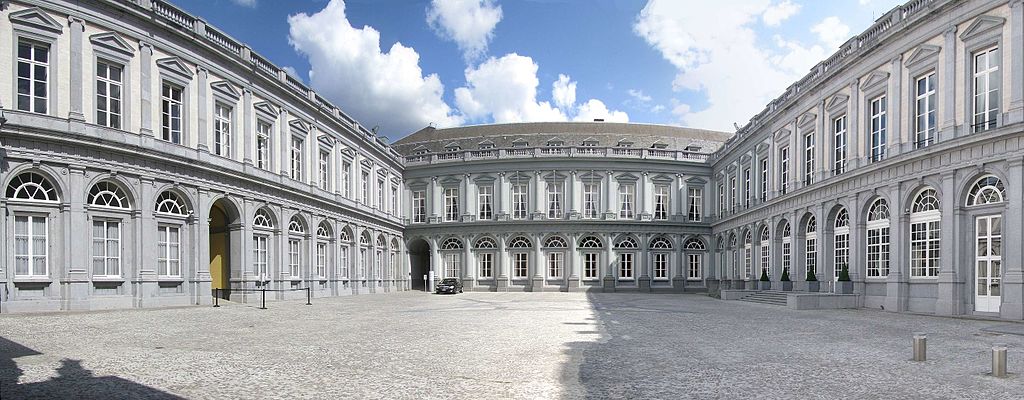
Standing for Justice and Against the Death Penalty
Advocates continue to fight to abolish the death penalty in the U.S. and in countries around the world. More than 1,500 of them gathered recently in Brussels for the 7th World Congress Against the Death Penalty. Hatcher Group Senior Vice President Tom Waldron was invited to the Congress by host organization ECPM (Ensemble contre la peine de mort –Together Against the Death Penalty) to describe Maryland’s communications campaign to repeal the death penalty, with a focus on how we leveraged social media.
Maryland took a stand for social justice in 2013, becoming the first Southern state to abolish its death penalty. The Hatcher Group played a key role in the multi-year campaign, developing and implementing a strategic communications effort in partnership with Maryland Citizens Against State Executions and several other organizations
Tom took part in a panel on “New Technologies and the Death Penalty” held at the Egmont Palace in Brussels, which dates to the mid-16th Century. He described our use of social media in the death penalty campaign, which included Facebook posts to drive attendance to advocacy events and Twitter to share information, and engage with people and organizations to take action.
Twitter was particularly effective at allowing multiple partners, as well as individuals, to talk to each other online about the campaign and stay engaged in the work happening on the ground in Annapolis. For example, a Twitter Chat brought attention to the issue as the legislature was convening in early 2013. We also led a Twitter Bomb, in which multiple partners shared similar content about the death penalty debate during a specified time to boost visibility for our messages.
“Just figure out your audience and try things,” Tom told the audience about developing a social media strategy. “We tried many different social media tactics and kept track of how they did. In the end, we know that social media allowed us to really engage with our partners and share information with legislators.”
Tom shared the panel with advocates working in Pakistan and Africa, as well as a computer programmer who is developing a secure system of online communication to assist nonprofits working in oppressive countries.